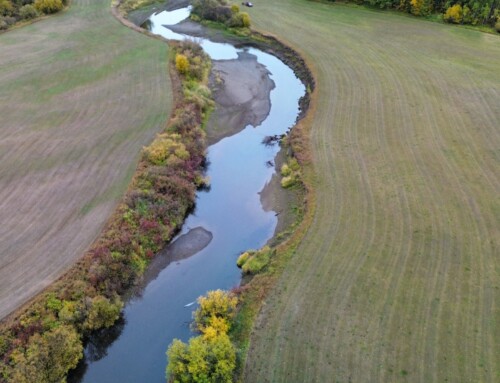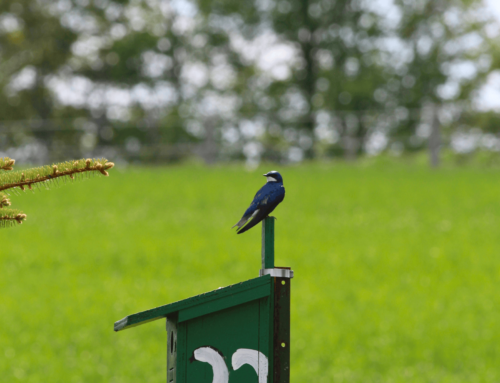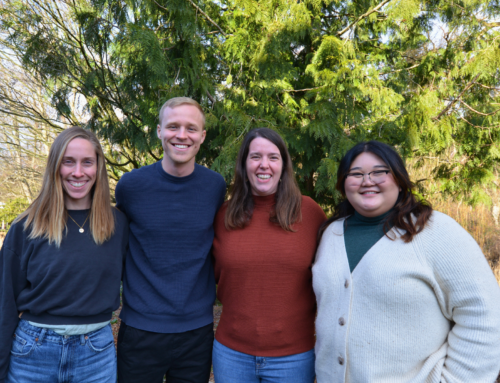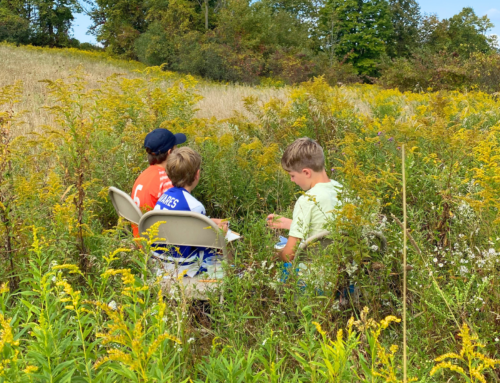Nearly every day for the past four years, one of my first acts when I stumble out of bed each morning is to pull aside the ochre curtain of my basement suite door. When I do, the window frames the lone backyard tree—a pear tree. These days, moss-covered branches stretch against the grey sky, housing only the occasional chickadees.
This year I am particularly aware of the pear tree. In previous years the upstairs tenants were its primary caretakers, and I helped when I wanted to, but this summer, the pear tree was entirely my responsibility. The tree seems to have alternating good and bad years. This year was a prolific one for the pear tree. Just when the pear tree was at its fruitful peak, I was fruitlessly applying for jobs. The pear tree gave me the dignity of an immediate task each summer morning—collecting the shapely light green fruit scattered on the deeper green carpet of grass.
In early summer, I lamented the tiny pears that the wind knocked down. I remember one morning my own body ached, doing some discarding of its own, and I gathered the tiny pears into a pile, thinking about these petite pears and my own body as wasted potential. Why did these nascent pears fall while others on the tree will reach maturity? Why this wasted capacity? They made a particularly beautiful pile in the compost. I drafted a terrible, self-pitying poem comparing the pears to children as a sort of metaphor for my own childlessness.
In August, the remaining pears, full and ripe if a bit speckled, were so many that I gave them away to everyone I saw. (This being 2020, I didn’t see all that many people.) One friend who received a bag of backyard pears made her mother’s pear pie recipe with them and shared a piece with me as we ate on her porch. The pears were smaller than the store-bought varieties, a perfect size for pear pie. My friend grew up harvesting pears each year with her mom and asked me if I’d gone through and picked off some of the fruit earlier in the season. “No, but some of that happened naturally,” I told her. My mind went back to that grey morning, pitying those little pears and myself. Oh. That was supposed to happen!
I still don’t know why it works that way, but what if those nascent pears (and my own body, and other women’s bodies who have not born children) aren’t wasted? I still don’t know why some pears fall while others reach maturity, why some suffering befalls some people and not others. Something about my pear-wise friend’s knowledge, though, reoriented my question. Those early pears’ fall was generative in a different way than those that stayed on the tree. Maybe it wasn’t a waste. Maybe my concept of “use” is too narrow Maybe some larger movement is at work, a movement in which those tiny pears, and the ways in which our efforts and desires have not come to fruition, are included.
The bare tree now is not a waste, either. Its work is hidden. The pears will come—in their own time.
by Jolene Nolte, friend of A Rocha and freelance writer residing in Vancouver

Photo by Delia Giandeini on Unsplash







